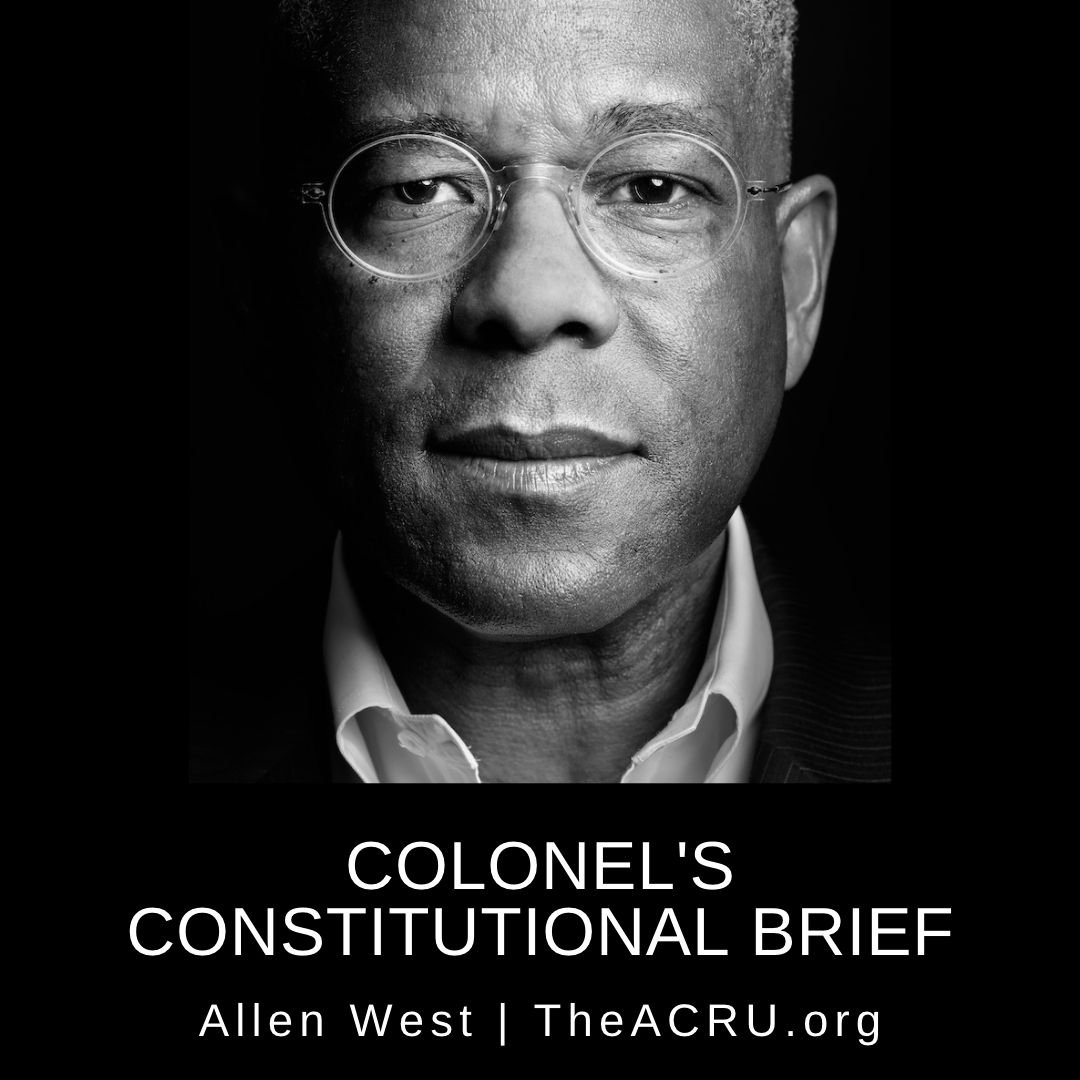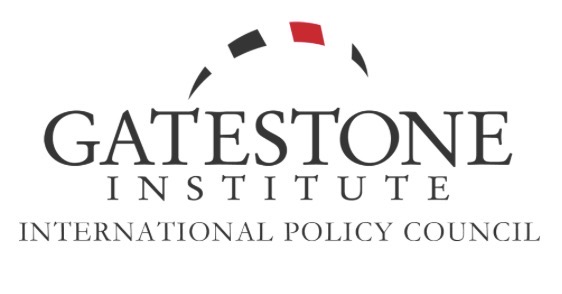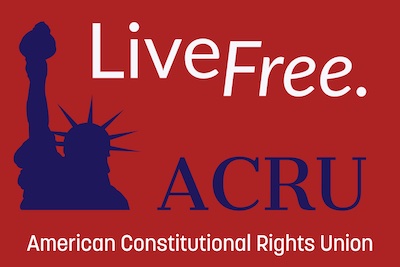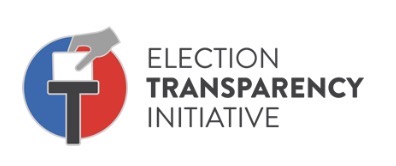Election Integrity: One Illegal Vote Can Change an Election
Most people in the media don’t want you to believe that election crimes are committed. They say it is easier to find Bigfoot. But election crimes are not a myth, and The Heritage Foundation has been systematically documenting them for years. When those who deny the crimes occur are forced to confront the data, the response sometimes shifts to “It doesn’t matter anyway.” After all, does it really matter if a single vote is improperly or criminally cast?










